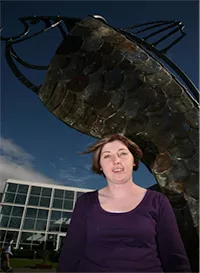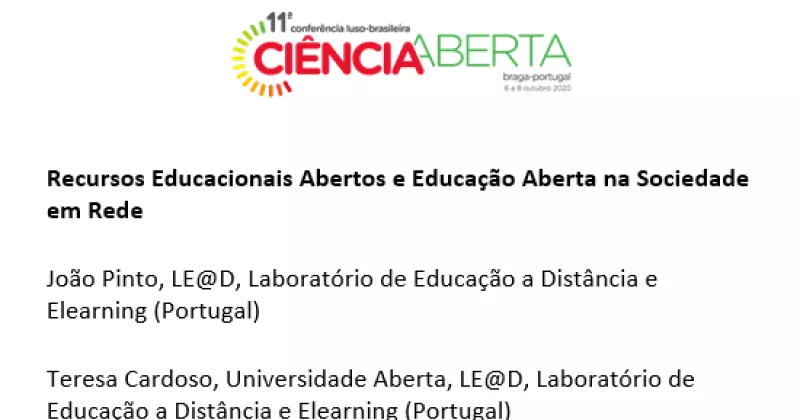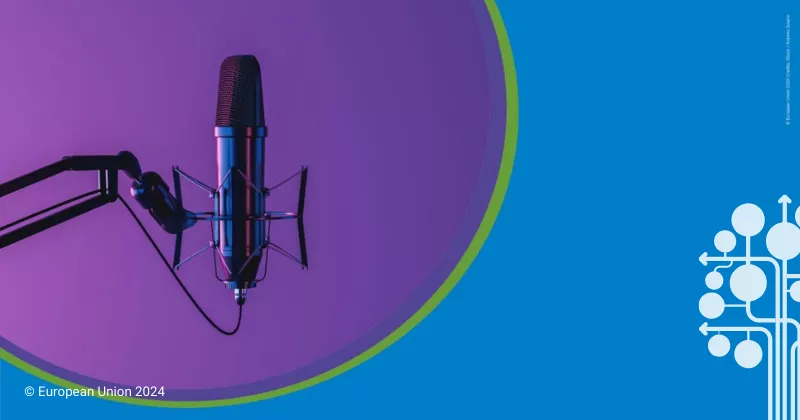Case Study: Early school leaver to PhD student; how second chance education worked for this adult learner
Written by Jessica Mannion BA, MA. Originally posted to Youthreach.ie
A few years ago my career had finally started to come together after many years of hard work, motivation and confidence. I had gained a full time lecturing position in Sligo Institute of Technology, my dream job, teaching social care practice, an area I loved working in and was very passionate about. Around this time and after graduating with my MA, I had also been accepted to do a PhD in Trinity College Dublin on an area I was passionate about, disability and rights. I reflected back to my experiences over the years and how I had got to where I am today. I immediately picked up the phone to call the Youthreach co-ordinator of the Ballina centre. I wanted to thank Paul and the staff for giving me a positive experience of education and getting me on the right track and I wanted to give him some hope of where their students can end up. Yes, I as an academic was once an early school leaver and a Youthreach student.
When I went to secondary school I was quite smart but I did not fit into the mainstream school system and eventually dropped out at the age of fifteen. A few years later I decided I wanted to get a qualification and this is why I joined Youthreach and my whole outlook on education changed. Why did Youthreach work for me? I definitely do not want to speak negatively of mainstream schools, neither am I suggesting they are all the same, I simply want to put forth my own personal experiences which some may relate to. Firstly the physical environment, it was comfortable and inviting unlike my previous school and it helped that I wasn’t confined in my school uniform. The class sizes were small which worked really well for me. It’s hard for teenagers in over-sized classes, you can easily get lost. It is sometimes missed if you are struggling, or the time isn’t available for extra support. The focus for teachers is often on discipline, and for students such focus is often on popularity. The Youthreach tutors (who we were able to address by their first names) really got to know us, and even supported us with personal issues we faced. The focus was one more of inclusion than of discipline and this respect and positive attitude fostered rewards from the students. As the staff student ratio was so accommodating we had time to receive one-to-one support in our education. The class got on great together, we all had something in common and supported each other. All of the extra-curricular activities, supports such as counselling and trips away were important for our social skills and something we may never have got to do if we hadn’t attended, along with adding to the enjoyment of our experience in the centre.
Attending Youthreach was the best decision I ever made in my life, and I don’t think I would be where I am today otherwise. I had very bad experiences and attitudes towards education prior to this. I am aware of the stigmas attached to the Youthreach centres. Some believe that paying a child to attend may encourage school drop-out. But without the financial support how would I as a seventeen year old living alone have paid my rent and basic outgoings? Although many students that attend may have learning and behavioural difficulties, some may just not have fit into the education system like me. It is important to keep possible future prospects high, as I have proved that it was a pathway into third level education and to an academic career. I once had no confidence in my academic ability after it was shattered through my mainstream education. I have now spent the last eleven years studying in higher education in NUI Maynooth, IT Sligo, NUIG and TCD, and I know it won’t stop there, I now love education. I am happy to share my experiences and hope that I can motivate others, both students and staff. I would like to thank the staff in Youthreach Ballina you have given me a gift for life, education. I am now passing on this gift and the student centred teaching methods you once used on me, to the students that I teach today. This major transformation is as a result of all the support from the positive educational experience in a school setting that I did fit in to, Youthreach.






Níl ciall ar bith leis seo.
B'fhéidir gur bhaineadh úsáid as Google Translate?